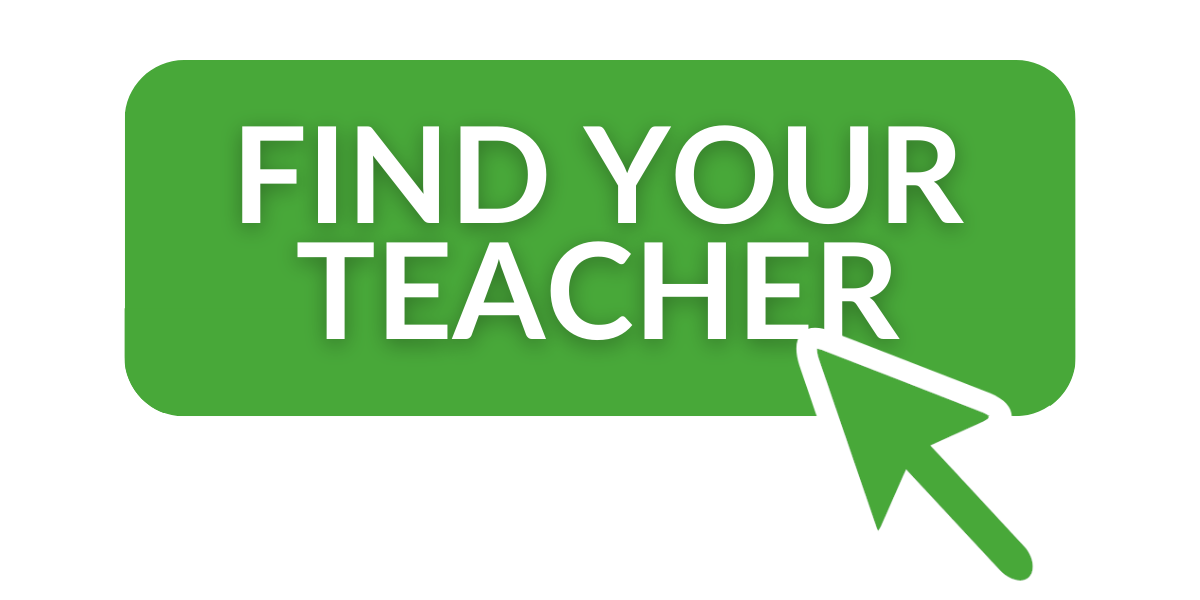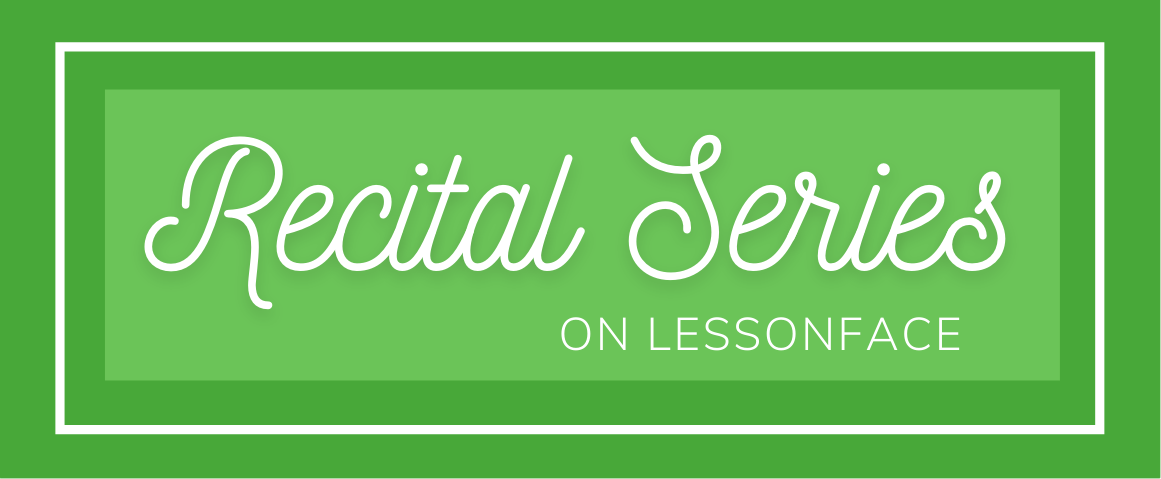Over the last year, I’ve worked with and gotten to know personally a lot of flamenco dancers. They all dance at impressive technical levels and put their heart and soul into their art. However, while they probably could if they wanted to, they’re not necessarily trying to make dance their profession. Instead, they dedicate another part of their lives to work in another field. The other fields span engineering, architecture, tourism, teaching, technology, translation, and more… yet a disproportionate number of them either work in or are completing professional studies in psychology.
The correlation has struck me lately, and I don’t think the proportions of dancer-psychologists are a coincidence. In fact, I have several peers from my university music studies who combine creating their own music with being a licensed music therapist.
Yet at the same time, many professional musicians and serious students also receive therapy either during a critical period or ongoing, throughout their careers. The counseling helps them deal with the pressures and complications that arise in their studies or careers, and to help them approach their art with their full mental potential. The idea is similar to a professional athlete having a coach and sports psychologist.
A couple days ago I had the opportunity to talk with a dancer colleague after a rehearsal. She’s getting her masters in psychology and wants to use theater and drama as a means of psychotherapy. We talked about the correlation between dancing (and music and other performing arts) and psychology. At the moment the ideas of using art as therapy AND going to therapy to better manage a professional artistic life struck me as somehow contrasting. I tend to notice more the difficulties that arise as a working musician. I absolutely express myself in my music and love doing it, but I wouldn’t call my professional music life in any way therapeutic. I’d forgotten that the rest of the world uses music (or visual art, drama, etc.) AS their therapy for the rest of life.
If you’re not familiar with the fields I mentioned above, here’s a quick rundown:
Music Therapy - the American Music Therapy Associacion defines music therapy as: ‘... a profession in which music is used within a therapeutic relationship to address physical, emotional, cognitive, and social needs of individuals. After assessing the strengths and needs of each client, the qualified music therapist provides the indicated treatment including creating, singing, moving to, and/or listening to music. Through musical involvement in the therapeutic context, clients' abilities are strengthened and transferred to other areas of their lives. Music therapy also provides avenues for communication that can be helpful to those who find it difficult to express themselves in words. Research in music therapy supports its effectiveness in many areas such as: overall physical rehabilitation and facilitating movement, increasing people's motivation to become engaged in their treatment, providing emotional support for clients and their families, and providing an outlet for expression of feelings.’
Many uses of music therapy are as a supplementary tool in a typical therapy environment. In addition, the page cites examples where therapists and clients use music in a wide variety of fields such as: managing pain, treating speech difficulties due to brain injuries, improving communication in autistic patients, reducing the effects of dementia, and improving motor function of Parkinson’s patients.
Therapy for Professional Musicians - Searching for ‘official’ references on this just led me to lists of pages offering services. But from conversations with friends who are professional psychologists, the idea is that a licensed therapist has specialized experience in working with artists (musicians, dancers, etc.), and can help individuals deal with the unique challenges that arise in the performing world. Some common challenges have to do with performance anxiety, auditions and dealing with rejection, substance abuse, performance psychology, focus and concentration, etc. Many of these issues could come up in any non-artist life as well. But life in the the professional music world often give them a unique twist that a specialist would be best qualified to respond to.
My dancer colleague filled me in that she sees the two fields as intertwined and complementary and not at all contradictory. She sees her dance and her art as a reflection of herself, and that all the issues that arise and need to be addressed in her dancing reflect issues in her personal life. One instance she cited was when she confronts something difficult in dance. Whether the difficulty lies in technique or in comprehension, there’s always a voice in her that pipes up that says ‘This is hard. I’m not sure if I can do it. Maybe I’d rather not try.’ In reflecting on this, I have a similar voice that interrupts challenging artistic puzzles with ‘This is hard. I’m not sure if I can do it.’ But my emotional response is more along the lines of ‘But I have to do it regardless, I don’t know how, and that stresses me out’ She responds to difficulties and self-doubt with laziness and apathy, and I with excess stress. For both of us, those tendencies are present in both our artistic and personal lives.
When we create, we express and expose ourselves down to the core, and all the good and bad that goes along with it. We confront thoughts and feelings that were previously unarticulated and in the background.
If you don’t do art professionally, playing music or creating in another sense can help you bring to the surface those underlying thoughts and feelings you didn’t even know you had, and would never have been able to put into words. The process of taking music lessons can help you work through other areas of your life, as your musical challenges may reflect challenges in other areas.
On the flip side, if art IS your profession, you’re daily having to confront your best and your worst in its most direct, in-your-face state. When we perform as a musician are exposing ourselves to an audience. Inevitably, some audience members will love our playing and benefit from our art, yet others will remain unmoved or even dislike it. Receiving criticism for a composition, interpretation, or other component of art can feel like a personal attack. What's more, when music is our livelihood as well, failures can have practical consequences as well as personal ones. As a professional, it can be all too easy get our artistic success tangled up with our personal identity and sense of self worth.
Are you a music or other kind of art therapist? Can you share more insight on the profession? What is your daily life like, and what sorts of people do you help?
Have you been a patient of music or art therapy? What did you discover about yourself, and what (if you’re comfortable sharing) did the therapy help you work through?
If you’re a professional musician or serious music student, have you been to therapy for musical reasons? What for (only if you’re comfortable sharing, obviously)? Did it help with these issues, and how so? Does any professional musician see a sort of coach or therapist on a regular basis particularly for help with ongoing artistic challenges?





That's really an informative post. I appreciate your skills. Thanks for sharing.
Hi Lissa, thanks so much for taking the time to let me know it was useful to you : ) I really appreciate it!
Leah
Like Ruth St. Denis so brilliantly said:
“It was then that my religious consciousness emerged to flower years afterward into definite forms of religious dancing in which there is no sense of division between spirit and flesh, religion and art.”
I love what you wrote! It is very true, and personally I use my music as self-therapy. I am a vocalist mainly, but began my musical journey as a violinist. Now that it's not my main focus, I find myself playing the violin when I am stressed or upset, as it's just a hobby rather than any source of income etc. That being said, my professional music life as a singer certainly is in line with your comment: "I tend to notice more the difficulties that arise as a working musician. I absolutely express myself in my music and love doing it, but I wouldn’t call my professional music life in any way therapeutic. I’d forgotten that the rest of the world uses music (or visual art, drama, etc.) AS their therapy for the rest of life. "
If I am being honest...I never go to concerts unless my friends/colleagues are performing and I want to support them. I don't really find going to music events or even listening to music very fun because it feels almost like I am on the fringe of working myself (and not to mention my brain is constantly analyzing and focusing)! I really enjoy the silence when I can find it. That being said, I enjoy writing poetry or short stories, making (terrible) YouTube videos, doodling, and reading. I have found a lot of solace in other artforms, rather than my own.
Great post!
Aubrey
I know I'm a little late to this thread but since there is a new post I will join in. The original was very well written and good thoughts about the dancing. I am a certified therapeutic musician. I had worked mainly with adults with Intellectual Disability, autism, MH. We did therapeutic music and movement. The movement and dance was generally familiar and simple. Getting sedentary people to engage in movement, helping those with CP to get better range of movement, etc. Singing along and clapping using rhythm instruments - stuff like that. I also worked with hospice and had done grant work in cancer center doing classical guitar for the chemo suite.
My main thing was to make things as accessible as possible. Simply , do stuff people like. I have a whole set of songs about food with moves linked to the words that everyone always enjoyed. (not talking cancer center here - that was quiet classical guitar music)
Covid has really curtailed the in person aspect of this work. That was one of the reasons I looked to online teaching at lessonface. I have finally started doing
virtual groups via zoom with another foundation working with I.D., autism etc. That has been going well. The key thing is to engage them as fully as possible. Doing a
zoom group is a little more difficult for movement but If you are playing the Chicken Dance the visual still works and they can do the arm moves : )
Thanks for starting this topic.
Hi Aubrey and David, thanks so much for sharing your expertise and experiences. Aubrey, I'm totally with you on enjoying silence : ) I enjoy long stretches of silence in my home when I'm not teaching or practicing. I go to concerts and performances both in my genre (flamenco) and in others, and they feel really different. When I go to see flamenco, I'm almost always thinking about it - enjoying it, too, but also analyzing it. In other genres, it's easier to just relax and enjoy. Still, when music (any music) is good, I always have to ask myself what makes it good.
David, your work in music therapy sounds so interesting! I'm glad you're able to do so some of your work via Zoom, even if covid has interfered with a lot of it. Your zoom sessions sound really fun.